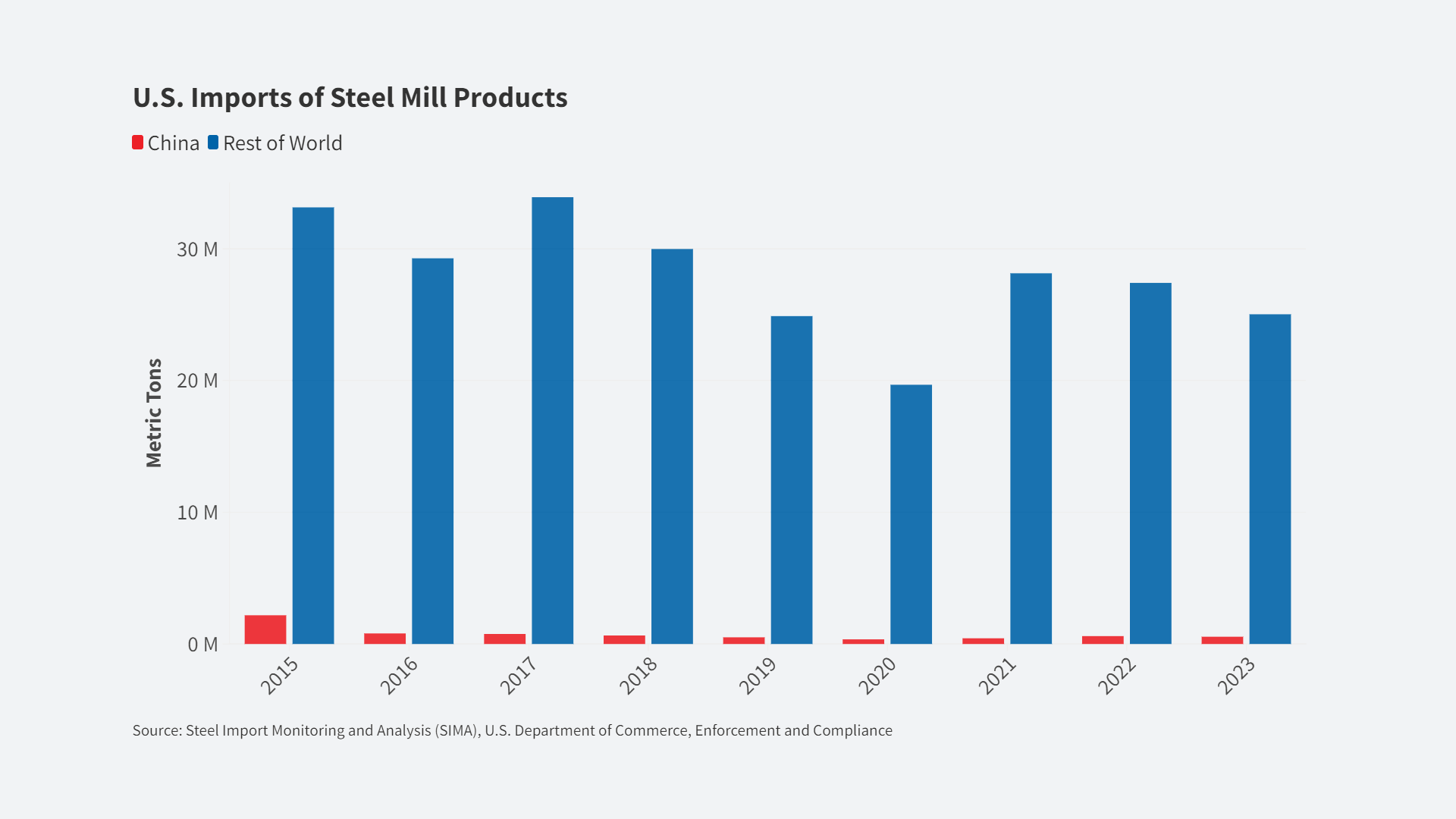
To persuade Congress to give him authority for concluding negotiation of a proposed Trans Pacific Partnership (TPP) free trade agreement, President Obama is emphasizing that such an undertaking is essential to national security.
[by Clyde Prestowitz | April 29, 2015 | The Hill]
The appeal to patriotism is always powerful, but in this instance it is being used as the last refuge of a weak economic argument.
The most optimistic estimates of potential U.S. economic gains from a TPP put them at only 1-3 percent of GDP in ten years. But experience suggests this forecast is wildly optimistic, and that while the agreement might be good for some global corporations it could well be a disaster for average citizens. The 2001 deal to bring China into the World Trade Organization was forecast dramatically to reduce the U.S. trade deficit while creating lots of new American jobs. In actuality, the trade deficit soared and millions of jobs were off-shored to China. Like the TPP, the 2012 U.S.-Korea free trade agreement was billed as a super modern deal that also would cut America’s trade deficit while again creating lots of jobs. The reality has been the reverse of the forecast.
The president himself has acknowledged that previous deals didn’t fulfill expectations, but is arguing that “this time will be different.” Unfortunately, he doesn’t say why except to label the TPP a “21st century” agreement.
In fact, it’s a strange mishmash of old deals with a few new countries thrown in. U.S. free trade agreements with Canada, Mexico, Peru, Chile, Australia, and Singapore already exist. The additions of Brunei, New Zealand, Malaysia, and Viet Nam offer only small markets while much experience suggests low expectations are in order for any market opening by Japan. Oddly, despite the TPP label, the arrangement does not include most of the major Pacific countries like the Philippines, Korea, Indonesia, Thailand, and China. Indeed, of the roughly 750 million person population of the TPP countries, about 500 million are in the Americas. One wonders what the point is in view of the fact that the Asia Pacific Economic Cooperation (APEC) group, established largely at Washington’s behest in 1989 and encompassing all of the Asia-Pacific countries including both China and Russia, is already committed to achieving free trade by 2020.
To go beyond this and become truly a 21st century agreement, the TPP would have to deal with the truly major issues of the global economy such as currency alignments. Having been the major cause of recent global economic crises, Global capital flows and exchange rate movements are far more important in today’s international economy than flows of goods and services. Yet, the TPP doesn’t mention currencies.
Without a good economic rationale, the White House and the U.S. foreign policy establishment are crying national security, saying that America must reassure its Asian allies of its commitment to them and that dangers would arise from China writing the trade rules of the future. Of course, it was only fifteen years ago that the same people were insisting it was a matter of national security to bring China into the WTO and make it a “responsible stakeholder in the global system.”
While U.S. foreign policy experts now fret, it seems that America’s Asian allies feel already see China as a responsible stakeholder and feel little need of reassurance. Even as they negotiate the TPP, they are already writing the future rules of trade with China by negotiating to join China’s proposed Regional Comprehensive Economic Partnership (RCEP), by rushing to become founding members of China’s Asia Infrastructure Investment Bank, and by concluding bi-lateral free trade agreements such as those between Australia and China, and Singapore and China.
The truth is that the TPP is mostly a solution looking for a problem. It is the knee jerk, orthodox reaction of an outdated foreign policy elite to a misperceived threat in a world they no longer understand, if they ever did. In truth, the agreement itself may well be more of a risk to than a defense of U.S. national security.
Prestowitz is president of the Economic Strategy Institute in Wash. D.C. He was formerly counselor to the Secretary of Commerce in the Reagan administration, vice chairman of President Clinton’s Commission on Trade and Investment in the Asia-Pacific Region, member of the first U.S. trade mission to China, and member of the Advisory Board of the Ex-Im Bank. He is the author of numerous books and articles on trade including most recently The Betrayal of American Prosperity.













